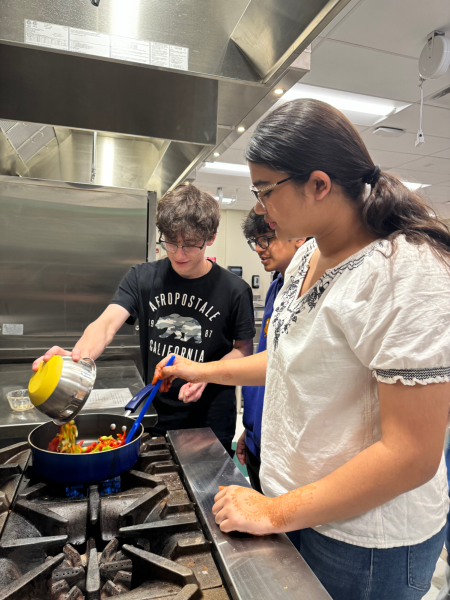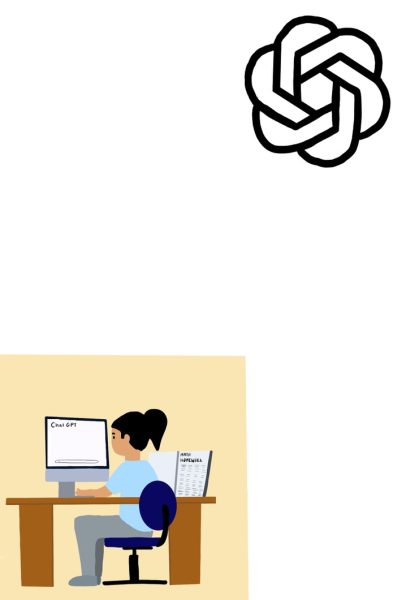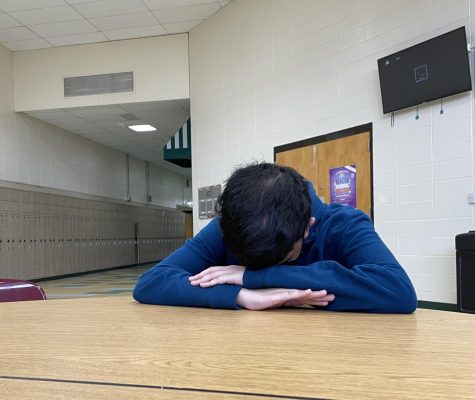The rise of ChatGPT: How will it impact education?
April 3, 2023
Cheating has just become much easier. Well, maybe not cheating, but enriching our learning has become more accessible with personalized learning. In recent years, advancements in technology using natural language processing and artificial intelligence have led to significant changes in the way we learn and teach. One of the ways was the emergence of ChatGPT, a large language model created and constantly refined by OpenAI.
ChatGPT has the ability to understand and respond using human-like text, answer questions, provide explanations and even generate essays or other written assignments.
Nikhil Thota (‘25), a student familiar with the resource, said “it understands all the different ways people talk, even teenage slang.
The model can adapt to the needs of each individual student. This can be especially helpful for students who may struggle with certain concepts or who need extra support. Issac Samuel (‘25), one of the students who have begun to use the resource in educational ways, said “it breaks down learning and answers my specific questions without having to watch a long YouTube video.”
In addition, ChatGPT can be used to assist teachers with their workload. Soon, the model could help to grade assignments and
provide feedback, freeing up valuable time for educators to focus on other important tasks such as lesson planning and student engagement.
But how does ChatGPT differ from other search engines? The responses generated through ChatGPT are tailored to the specifics given by the user. In ChatGPT, further research is not required to receive an answer to a question. Rather, the
information is displayed in a straight-forward, simple-to-read format. Sana Manchanda (‘25), a student who has used ChatGPT as a resource, said “The answers are more unique, as if you are having a conversation with a human.”
The software should not be mistaken as a replacement for teachers or the education system. Rather, it
should be seen as a valuable tool to enhance the learning experience for students. Ms. Kathleen Reilly, a Language Arts teacher who was notified about ChatGPT, said “it is an interesting platform and it can be a productive learning experience if students use it properly and don’t see it as a shortcut.”
As technology continues to evolve, we can expect to see more innovative ways in which ChatGPT and other AI-based tools will be used to enhance the learning experience for students and teachers alike.







